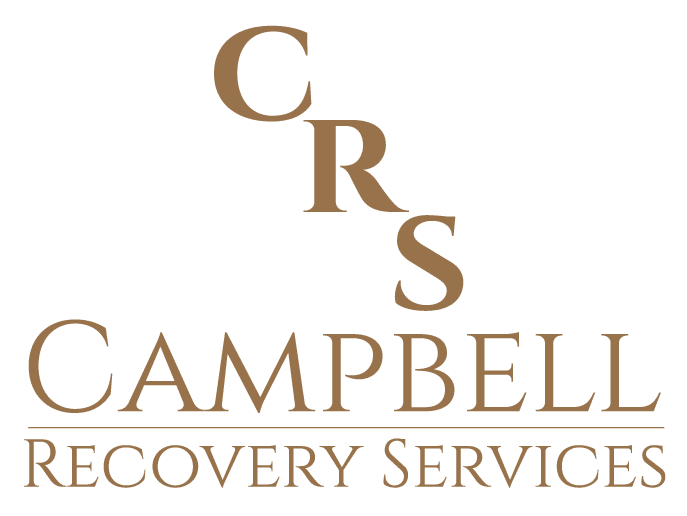Addiction doesn’t just affect the addict, but the entire family is negatively impacted by their actions. Oftentimes the extent that they are affecting their family and loved ones is not immediately obvious to the addict. Holding a formal intervention can help families to address their loved ones’ behavior, bringing to light how their addiction has been affecting these relationships. This is also a great way to confront the addict about this behavior, in a safe and open environment with a professional and trained addiction counselor available to help mediate the situation.
Bringing to Light the Addict’s Need to Find Treatment Through an Intervention
By surrounding the addict with their closest family and friends, they will feel the love and support of those around them. Communicating how their addiction has impacted those they care about most is a great technique for bringing to light the full extent of the addiction, spurring them to seek help and treatment. A trained interventionist can mediate the session, guiding the conversation and encouraging family members to share their own thoughts and experiences with the addict. Bringing to light how their addiction has so negatively affected their loved ones can often open an addict’s eyes to the urgent need to begin on the road to recovery.
Confronting the Addiction is Often the First Step for an Addict and Their Family
From enabling to denial, family members may be struggling with their own effects of an addiction on their everyday lives. An intervention setting allows family members to share these feelings in an open space. This can not only help the addict to realize that they have a problem, but it can also help family members to understand the role they play in the addiction. This can also bring to light the struggles that this addiction has left on the family, offering the first steps to emotional recovery for everyone involved.
A Professional Interventionist Can Guide the Discussion
Having a professional interventionist present, experienced in addiction counseling, can make a big difference. This third party can help to guide the conversation in a way that is effective, without becoming hostile and confrontational. Through their own experience with addicts and their families, the interventionistinterventionist can assist in helping everyone present to understand each other better. This additional resource can go a long way to making sure the intervention is a success, giving the addict the best chance of choosing the option of recovery.
With addicts and their loved ones working together in unison toward the goal of sobriety, you can ensure that there is the best chance of a long-term recovery. An intervention is often the first step on this journey, bringing the addict’s family and friends on to the same page, while also allowing everyone to share their own thoughts and struggles.
At Campbell Recovery Services we have extensive experience running interventions for addicts and their families. Our team or recovery counselors can help make sure all sides are able to be heard through this tool for addiction recovery.





